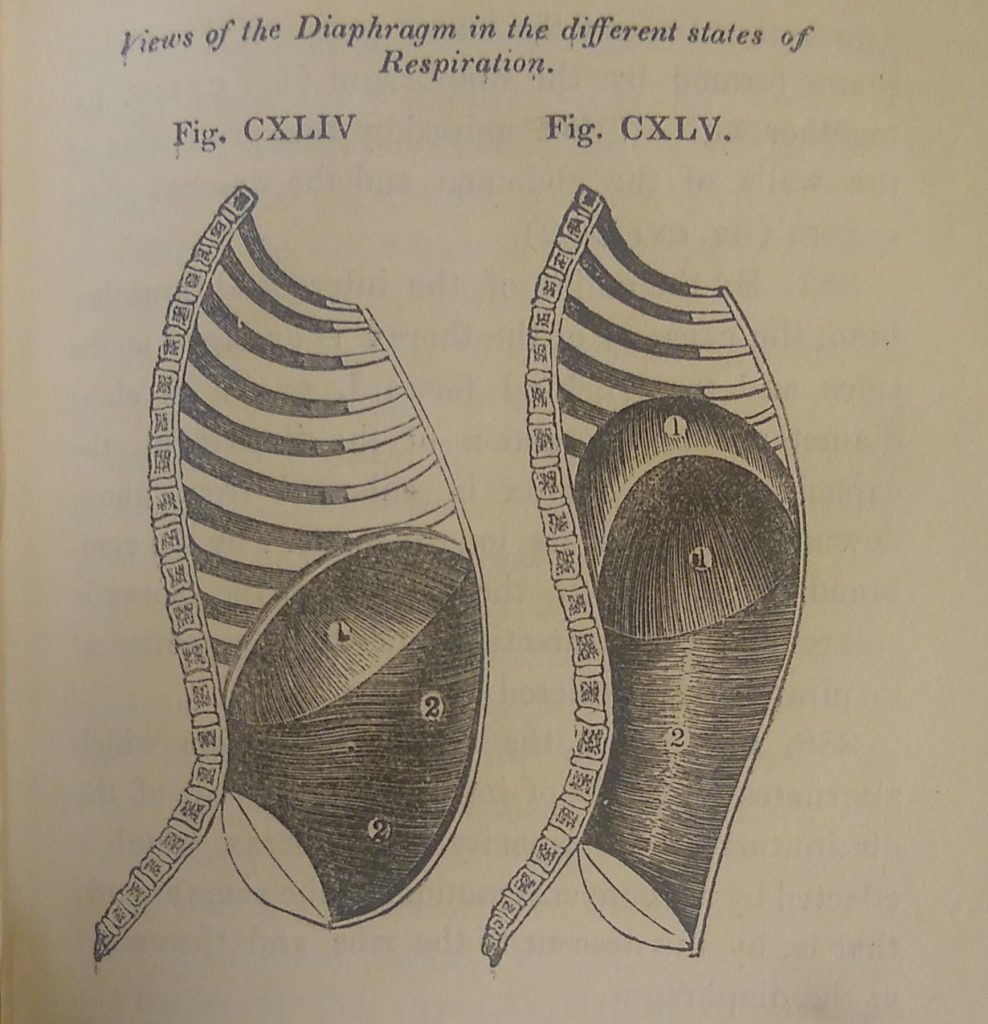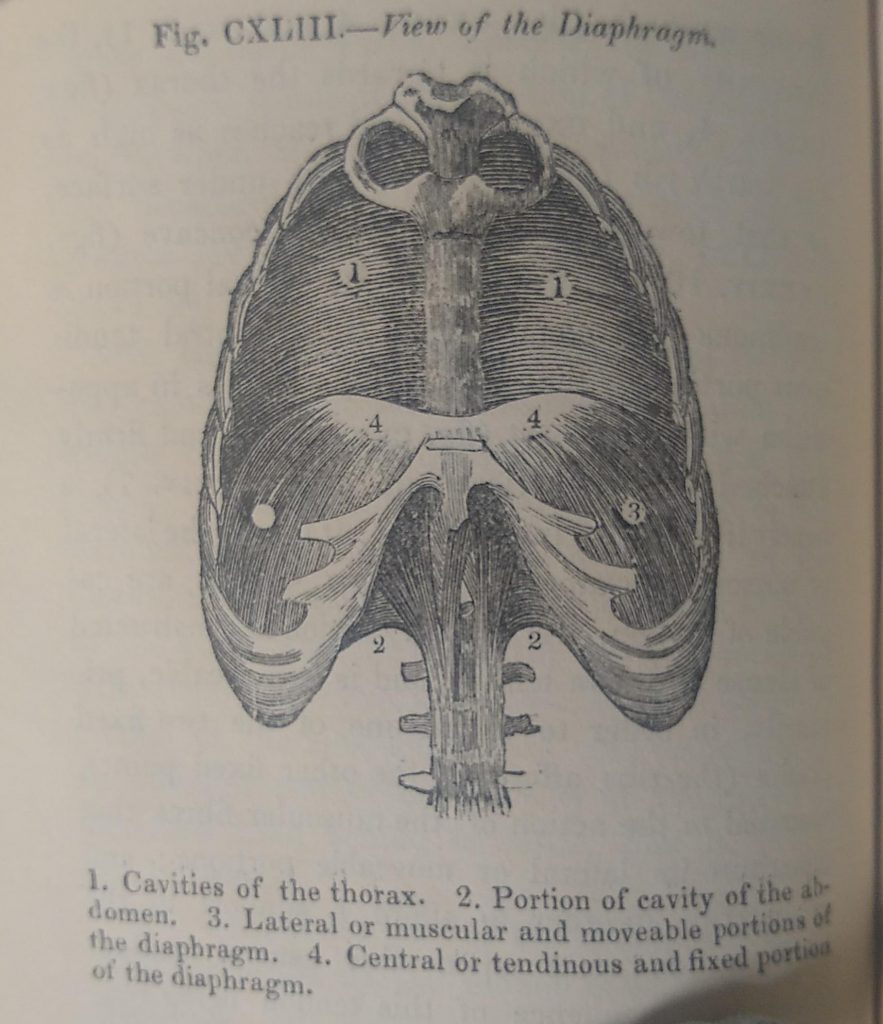Dr. Southwood Smith was a great Victorian health reformer who became Minister for Health. “He was born in Mortock, in Somersetshire, began training to become a minister but his grant was withdrawn on the grounds that he was “entertaining opinions widely different from us on most of the doctrines we consider to be essential to Evangelical Religion”. “His family, which was narrowly religious, cast him off at once and for good. He married but his wife died young, leaving him at the age of 24 with two young children. In 1813 he decided to leave the children in the loving care of his wife’s relations and study medicine at Edinburgh University.
Passing his examinations in 1816, he married again, this time to a girl from Hackney, and came to London. He was appointed to The London Fever Hospital, then on the site of future King’s Cross Station. At this period, years before Pasteur, fever was a mysterious subject. Doctors could not distinguish one fever from the other. They still thought that disease was spread by smell (miasma) as the Greeks had done. It was before the realization that there were many forms of fever, with different causes. Bacterial infection was not understood. Everything was obscure. It would be generations before the different fevers were understood, and in the meantime, Southwood Smith’s thoughts were concentrated on how fevers in general might be prevented.
The Fever Hospital patients seemed to show a pattern. Patients (mainly women) came in with ‘a low fever’, were cured by rest and nursing, returned to their miserable homes, only to develop fever again. There seemed to be a connection between poor living conditions and ill-health. There was also some connection between being in the same house all day and going out to work somewhere else all day, as men did. He published reports on this.” https://www.locallocalhistory.co.uk/people/southwood-smith.htm
In Southwood Smith’s ‘The Philosophy of Health; an exposition of the physical and mental constitution of man with a view to the promotion of health and happiness’, he aims to give an account of the structure and functions of the body. Chapters on “respiration”, “the function of generating heat”, “the function of digestion”, “secretion”, “absorption” and “excretion” etc. are accompanied by philosophical musings and detailed drawings.
“Taking life in its most extended sense, as comprehending both the circles it includes, the organic and the animal (vol 1. Chap.2) it may be said to have three great centres, of which two relate to the organic, and the third to the animal life (vol 1. Chap. 2) The two systems which relate to the organic life are the systems of respiration and circulation; the third, which relates to the animal life is the nervous system. Of the organic life, the lungs and heart are the primary seats; of the animal, the brain and the spinal cord. Between each the bond of union is so close, that any lesion of the one influences the other, and neither can exist without the support of all. They form a triple chain, the breaking of a single link of which destroys the whole. (Vol II, p.113)
Reflecting on the interdependence of mind and body he observes “The mind is dependant on the body: hence an acquaintance with the physiology of the body should precede the study of the physiology of the mind. The constitution of the mind must be understood before its powers and affections can be properly developed and directed: hence a knowledge of the physiology of the mind is essential to a sound view of education and morals.” (Vol II, p.331)
His conviction that physical health depended on mental health foreshadows modern day concerns. “There is a close connexion between happiness and longevity. Enjoyment is not only the end of life, but it is the only condition of life which is compatible with a protracted term of existence. The happier a human being is, the longer he lives; the more he suffers, the sooner he dies; to add to enjoyment, is to lengthen life; to inflict pain is to shorten the duration of existence.” (Vol II, p.101)


Library users are welcome to consult any of these books on Library premises. To reserve a book for consultation, just go to their catalogue entry on Discover while you are logged into your LSHTM account and follow the instructions underneath the heading “Get It.” You’ll receive an email when it’s available. However, please note that these books will need to be read within the Library and cannot be borrowed like most other resources.






